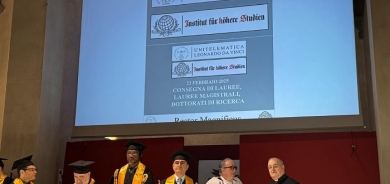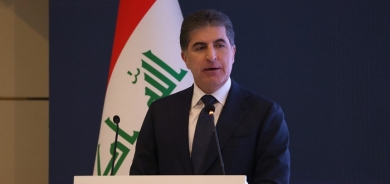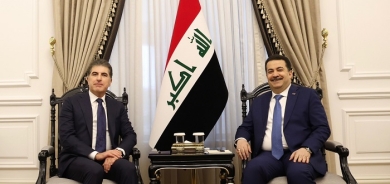Turkey Rejects NATO Allies' Relationship with Kurdish Forces in Syria, Calls for Solidarity in Combating Terrorism

Turkey’s President Recep Tayyip Erdogan has voiced strong objections to the relationship between some NATO members and Kurdish forces in northeast Syria, during a press conference held on the sidelines of the NATO summit in Washington, DC. Erdogan emphasized that Ankara expects solidarity from its allies in combating terrorism.
“It is not possible for us to accept the crooked relationship that some of our allies have established, especially with the PYD/YPG, the extension of the terrorist organization PKK in Syria,” Erdogan stated. He added that Turkey views the People’s Protection Units (YPG) and its political wing, the Democratic Union Party (PYD), as extensions of the Kurdistan Workers’ Party (PKK), which Turkey has designated as a terrorist organization.
Erdogan urged NATO members to reconsider their alliances and abandon policies that Turkey perceives as harmful to the unity and integrity of the alliance. “I reiterate my call here to abandon these flawed policies that harm the unity and integrity of the alliance,” he said.
The PKK has been engaged in an armed insurgency against the Turkish state for decades, seeking greater rights for Kurds. Turkey also considers the YPG to be the Syrian arm of the PKK.
Erdogan’s remarks come amid ongoing efforts to normalize relations between Ankara and the Syrian government in Damascus. Previously, Erdogan had criticized Syrian President Bashar al-Assad, demanding his removal and labeling him a “terrorist.” However, recent statements suggest a shift, with Erdogan indicating there is no reason not to normalize relations with Assad.
In June, Erdogan hinted at the possibility of inviting Assad to Turkey, marking a significant shift in Turkey’s stance. This came shortly after Assad expressed openness to initiatives aimed at improving Syrian-Turkish relations, contingent on Turkey withdrawing its troops from Syria.
Meanwhile, Turkey has launched a large-scale military operation targeting the PKK in the border areas of the Kurdistan Region. This action has been met with disapproval from Iraq’s National Security Council, which called for Turkey to respect the principles of good neighborliness and engage diplomatically with the Iraqi government regarding security issues.
“The council emphasized that Turkey must adhere to the principles of good neighborliness and diplomatically engage with the Iraqi government for any security-related matters,” said Yehia Rasool, spokesperson for the Iraqi Prime Minister Mohammed Shia’ al-Sudani.
Iraq labeled the PKK a banned organization earlier this year, preceding Turkish President Erdogan’s visit to the country in April. During his visit, Baghdad and Ankara signed numerous agreements covering a wide range of issues, including security.
The Kurdistan Regional Government (KRG) has not yet commented on the latest escalations on the border, though the KRG’s interior ministry confirmed that Baghdad, Erbil, and Ankara are in discussions regarding the matter.
As tensions rise, Erdogan’s call for NATO solidarity and the ongoing dialogues indicate a complex interplay of regional politics and international alliances.












